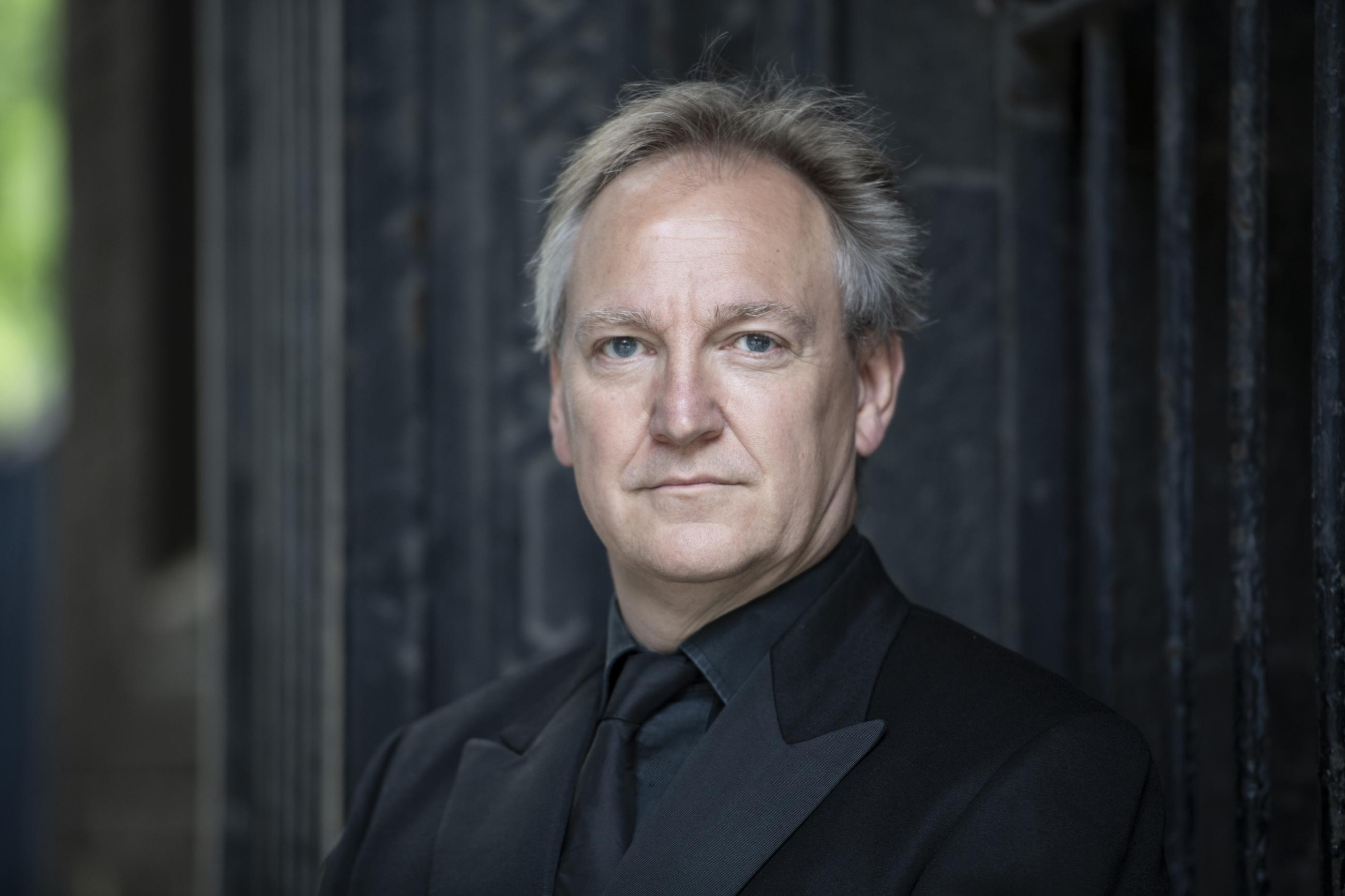
By Landon Hegedus, UChicago Presents
In conversation with Nigel Short, artistic director and founder of Tenebrae:
UChicago Presents: Tenebrae’s performance with UChicago Presents this season is part of a series called Tenebrae/Tenebrous, which explores how the concert experience is affected by performances in little or no light. One of Tenebrae’s calling cards is, of course, performances by candlelight – how did this practice come about?
Nigel Short: When we first started the choir, people were saying to us that we needed something distinctive about the choir. I harked back to my days singing in my church choir as a boy, where my favorite services were Advent and Easter – the ones that we did by candlelight, and the ones where we moved around the building. It was this huge parish church, almost like a small Cathedral, and there was this amazing atmosphere in both the choir and in the congregation. And so I thought we would give this name to the choir to underscore the candlelight – Tenebrae, which literally means “shadows” – and the act of moving about would be the second thing that we bring to our concert presentation that would help us stand out among the crowd.
We had our own candle stands commissioned from an iron forge in the Swiss mountains, in a village called Chevre. We really feel they help create an ambiance in the concerts, even before we’ve appeared onstage or sung the first note. And I think with that ambiance, we get carried into a different zone, so to speak, and we can take the audience with us to that place. So yes, it’s something we’ve done since the choir’s very beginning, and we've really found it to be a good thing, rather than just a gimmick or just look, in that it actually aids the intensity of the atmosphere, and thus, the music.
UCP: Tenebrae premiered Path of Miracles in 2005, only a few years after the group was founded. How did the choir’s relationship with Joby Talbot, and with this piece, come about?
NS: A couple years after I left the King’s Singers, the group had a BBC Prom in Royal Albert Hall, and I watched the telecast on TV from Switzerland. As they went through the program, I was thinking, “Oh I know that piece, and I know that piece…” But then they sang this short but really great piece by Joby Talbot called The Wishing Tree. It had a really unique sound, sort of Steve Reich-ish, the likes of which I hadn’t heard before, and I was immediately taken by it. By the time I was introduced to Joby by a former colleague, I'd already had this idea for a while of commissioning pieces with the theme of a journey at its heart. I was in dialogue with Joby for a long time about the idea of this pilgrimage to Santiago de Compostela, the Camino de Santiago. Originally, I wanted four different composers to write a movement each for the four major staging posts of the Camino route, but Joby got quite excited by the idea and said, Look, don't make any decisions yet, I'm going to travel the Camino for two or three weeks with my family. And when he got back, he told me he wanted to do the whole thing, so we said, sure, okay!
We were slated to give the world premiere at the City of London festival, but the world premiere was due to happen on July 7, 2005, the day of the London bombings. Of course, it was postponed, but ever since then, the piece has had a kind of had extra resonance.

